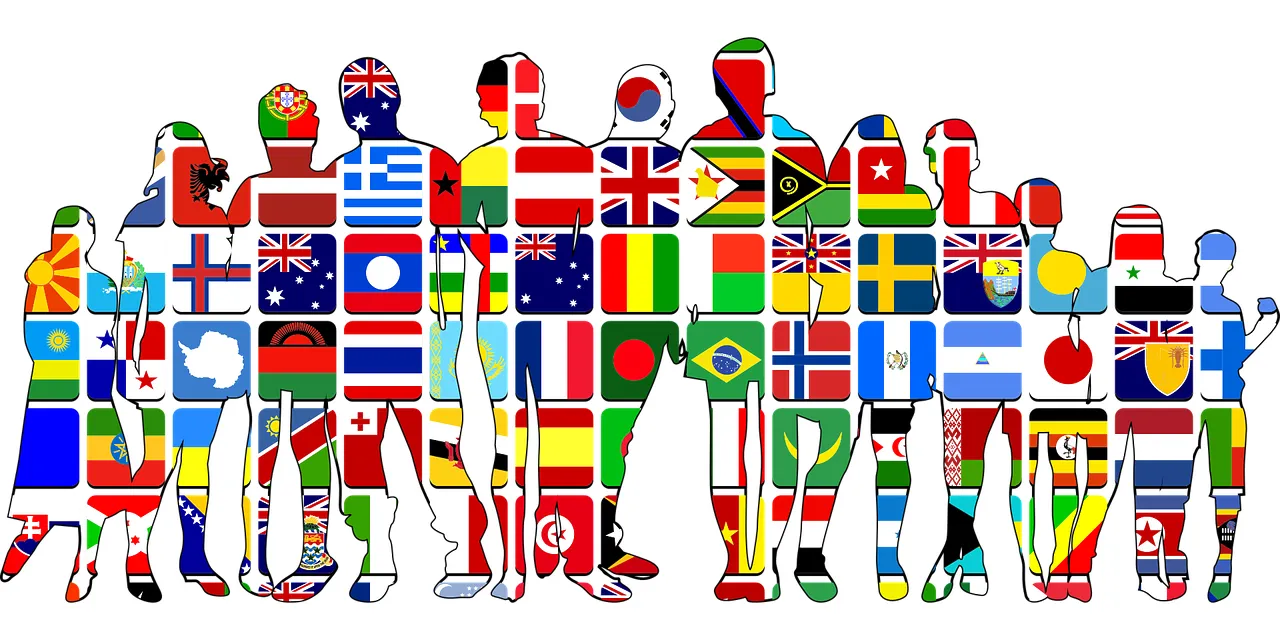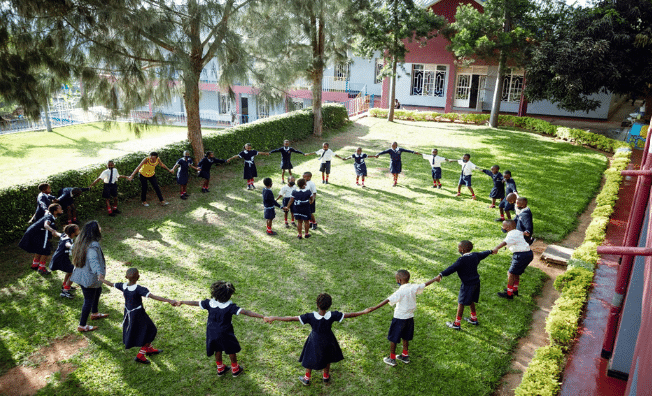The Beginning of Global Healthcare with Specialized Telemedicine Translation

1. Introduction
What is Global Healthcare?
Global healthcare refers to the provision of accessible and equitable health services worldwide with the goal of improving health and well-being for all individuals, regardless of geographic location, economic status, or language barriers. This concept not only involves the availability of medical resources but also the capacity to share knowledge and solutions internationally to address common public health challenges.
The Importance of Telemedicine in Modern Healthcare
In recent years, telemedicine has revolutionized the way health services are delivered. Thanks to technological advancements, patients can access remote healthcare, eliminating geographical barriers and enabling specialists to provide diagnoses and treatments to people in rural or hard-to-reach areas. Telemedicine is, therefore, a key pillar in the evolution of global healthcare as it facilitates faster, more efficient, and more equitable access to healthcare.
The Role of Specialized Translation in Telemedicine
As telemedicine connects patients and healthcare professionals from different parts of the world, the need for specialized translation arises to ensure clear and precise communication. In this context, medical translation plays a crucial role in ensuring that technical information, diagnoses, and treatments are properly understood. Without accurate linguistic translation and interpretation, achieving global healthcare where everyone has equitable access to medical care would not be possible.
2. The Evolution of Global Healthcare
Definition of Global Healthcare and Its Challenges
Global healthcare has significantly evolved over recent decades, driven by globalization and technological advancements. The concept goes beyond merely providing health services; it involves collaboration between countries to tackle common health problems, chronic diseases, and even pandemics like the one experienced a few years ago. Collaboration is also needed between countries for equitable distribution of medical resources.
Moreover, there are other challenges that need to be addressed to achieve true global healthcare, such as the lack of infrastructure in developing countries or the linguistic and cultural barriers that still hinder communication between healthcare professionals and patients.
Impact of Globalization on Health Systems
Globalization has connected the world in unprecedented ways, which has also impacted health systems. The ability to share medical data, research, and technologies has accelerated the implementation of solutions globally. However, it has also highlighted the existing inequality between developed and developing countries. In this context, telemedicine and global healthcare play a vital role in reducing these inequalities by facilitating access to specialized medical services in areas that previously lacked adequate healthcare infrastructure. Telemedicine, coupled with effective translation services, bridges the gap by ensuring that medical knowledge, treatments, and consultations can be delivered across borders, regardless of language differences or geographic limitations. This approach not only enhances healthcare delivery in underserved regions but also fosters collaboration and knowledge sharing on a global scale, contributing to the overall improvement of public health systems worldwide.
Telemedicine as a Bridge Across Geographical and Linguistic Barriers
Telemedicine has proven to be a key bridge in overcoming geographical barriers that have traditionally limited access to healthcare. However, globalization has also revealed another barrier: language. For true global healthcare, specialized translation is needed to ensure that all patients, regardless of their language, can receive the same quality of care. Precise and contextualized translation is essential to avoid misunderstandings that could compromise medical treatment.
3. Telemedicine and Translation: Revolutionizing Access to Healthcare
How Telemedicine is Transforming Global Healthcare
Telemedicine has transformed global healthcare by enabling patients to receive high-quality medical care without needing to be physically present at a consultation. This has made access to specialists around the world easier, reduced waiting times, and allowed people in remote or resource-limited areas to obtain appropriate diagnoses and treatments.
The Challenge of Multilingual Communication in Telemedicine
Despite the advances in telemedicine, communication between doctors and patients speaking different languages remains a challenge. This is where specialized translation becomes an indispensable tool. Accuracy in medical translation is essential to avoid misunderstandings that could compromise diagnosis or treatment. In this regard, global healthcare heavily relies on the ability to clearly and precisely convey medical information across language barriers.
Specialized Translation: Ensuring Precision and Efficiency in Diagnosis and Treatment
Translation in telemedicine must be rigorous and specialized to ensure precision at every stage of the medical process, from the initial consultation to follow-up. Translation errors can lead to incorrect diagnoses, inadequate treatments, and ultimately compromise the patient’s health. Therefore, global healthcare requires high-quality translation to ensure effective and safe medical care.
4. Success Stories: Telemedicine and Translation in Global Healthcare
Examples of Telemedicine Implementation in Rural Areas and Developing Countries
There are numerous success stories in the implementation of telemedicine in rural areas and developing countries. For example, in isolated communities in Africa and Asia, telemedicine has enabled doctors in large cities or even in other countries to provide specialized consultations remotely. In these cases, medical translation plays a crucial role in ensuring that patients understand their diagnoses and treatments.
Translation in Telemedicine: Reducing Medical Errors and Improving Care
Medical translation in telemedicine not only facilitates understanding between doctors and patients but also reduces medical errors. Studies have shown that accurate translation improves the quality of healthcare and reduces the risks of misdiagnoses. These advancements reinforce the role of translation in the success of global healthcare, where precision is key to saving lives.
5. The Importance of Human Translators in Complex Medical Contexts
Despite technological advances, human translators remain essential in telemedicine, especially in complex medical cases. Cultural nuances, advanced medical terminology, and emergency situations require the intervention of specialized translators who can ensure precise and effective communication, as well as global access to healthcare.
6. Future Challenges for Global Healthcare Through Telemedicine
Overcoming Technological Barriers and Unequal Access
Despite advancements in telemedicine, challenges related to unequal access to technology persist. In many developing countries, the lack of technological infrastructure limits the reach of global healthcare. For global healthcare to be truly equitable, it is necessary to overcome these barriers through investments in technology and training.
The Need for International Cooperation to Standardize Translation Protocols in Telemedicine
For global healthcare to be effective, greater international cooperation in standardizing medical translation protocols is needed. This will ensure that patients receive the same quality of care regardless of their language or location.
7. Conclusion
Global healthcare is constantly evolving, and telemedicine, along with specialized translation, is at the center of this transformation. To ensure that all people, regardless of their culture, have access to quality healthcare, it is necessary to overcome the geographical and linguistic barriers that still exist.



